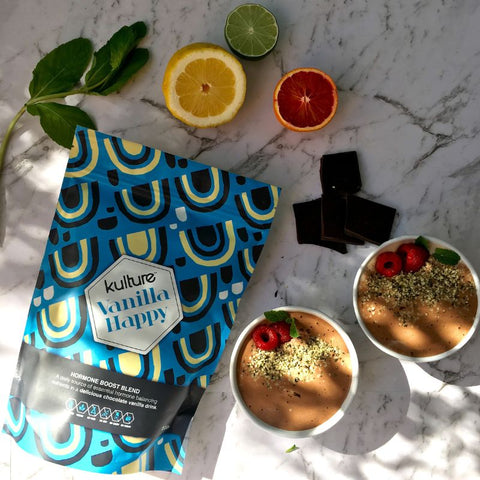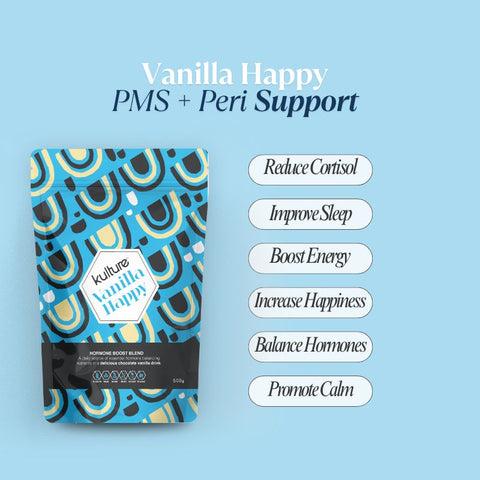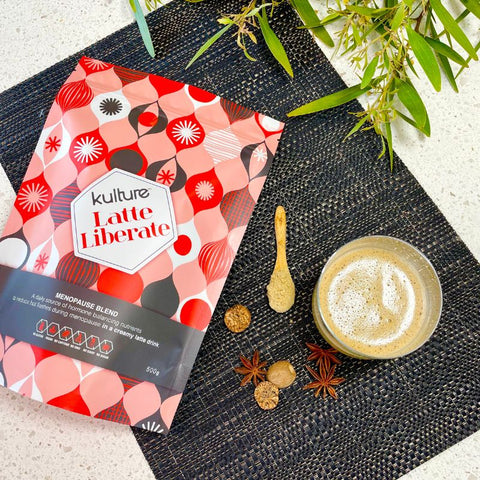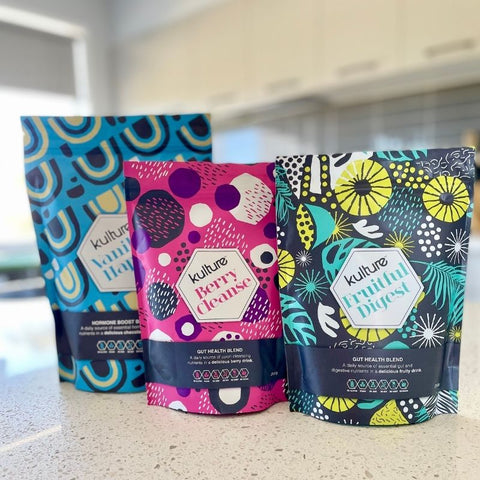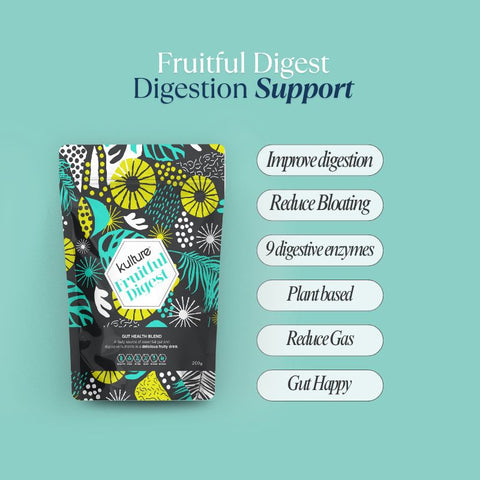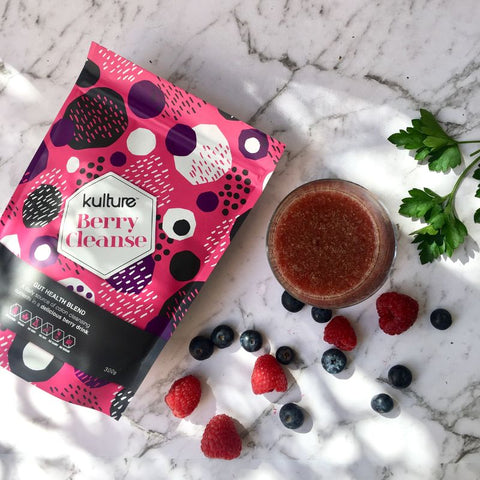Do you experience an afternoon slump? That feeling when you just slip into a sluggish stupor that can’t be alleviated by a cup of coffee or by opening the windows. Certain things zap us of energy like not getting enough sleep, hormonal imbalance, or a bad diet. However, you might want to take a look at other factors such as the health of your gut. Yes, your gut health can actually affect your energy levels.
The microbiome, in all its complexity, is the aggregation of all the microbes that reside on and/or within the human body. There are over 100 trillion microbes consisting of bacteria, fungi, protozoa and viruses that help digest our food, regulate our immune system, protect against other bacteria that cause disease, and produce vitamins including B vitamins B12, thiamine and riboflavin, and Vitamin K, which is needed for blood coagulation. These aren’t the only processes affected by our microbiome. The microbiome also affects how we process the food we consume.
Nutrient absorption
Inside our gut is a thriving micro-flora of bacteria - the gut microbiome. These microbes aid in how we process our food and how we absorb nutrients. An imbalance in this delicate micro-flora can result to impaired nutrient absorption. If there are too few good bacteria in our gut, we might not be able to absorb and assimilate the recommended amount of vitamins and minerals that our body needs on a daily basis.
This could come with real consequences. If we don’t get the nutrients we need, we could become more susceptible to sickness due to lower immunity, or we could be more prone to injury because of weaker bones, muscles, and joints. Furthermore, if we don’t get the recommended amount of nutrients required by the body, our body feels slow, sluggish, and weak, this is because when nutrients aren’t available for assimilation at the cellular level, energy won’t be available.
How do we keep our gut healthy?
There are several things you can do to improve gut health like managing your stress levels and getting enough sleep. There are other tips that are more obviously linked to your gut health like eating slowly, staying hydrated, taking probiotics, and examining your diet.
Chew
Eating slowly helps improve your gut health by taking away the burden of actually digesting. If you take time to chew your food and eat slowly, you are starting the digestion process by helping the digestive system break down your food and help absorb it easier.
Drink
Staying hydrated helps keep your tummy, particularly your mucous lining, lubricated.
Take
Probiotics are a great way to supplement your beneficial bacteria. It encourages the growth of good bacteria in your stomach.
Eat
Examine your diet for food intolerance and stay away from highly processed food as well as high fat high sugar foods. Opt for foods that are high in fibre and/or those that are rich in collagen. Fermented foods such as kimchi, sauerkraut, yoghurt, tempeh, miso, and kefir are healthful as well as natural dietary sources of probiotics. So try to incorporate them in your diet.
References:




